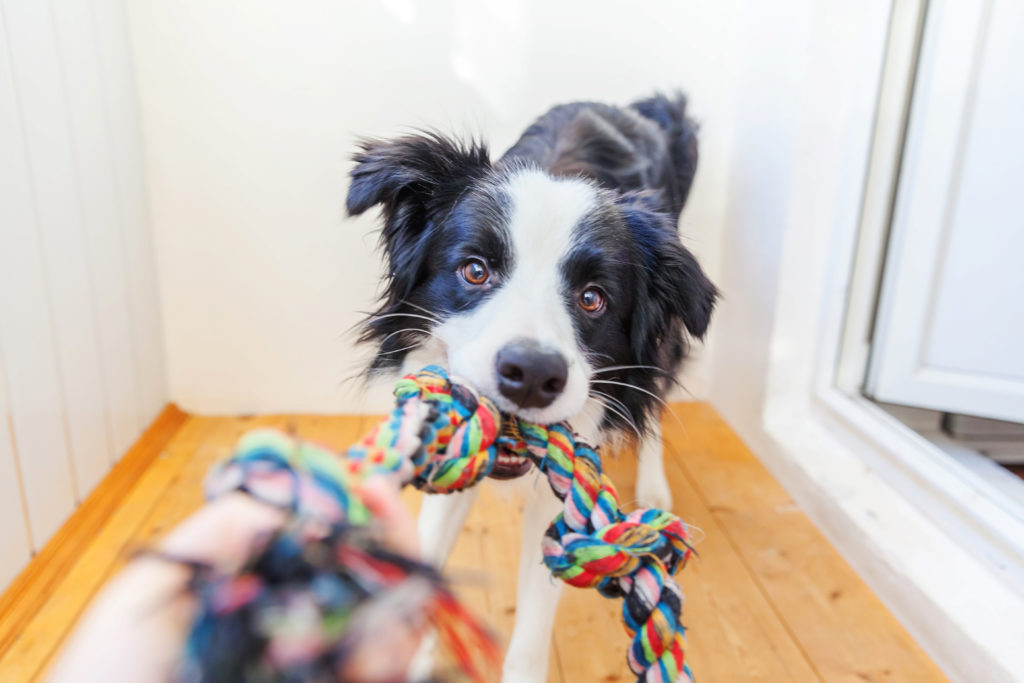Hello lovely students! Adverbial phrases may sound complicated, but trust me, they aren’t. Read this post to become an expert in no time.

What is an adverbial phrase?
According to the Oxford dictionary, adverbial phrases (also known as adverb phrases) add more information about place, time, manner, cause or degree to a verb, an adjective and even another adverb!
So what does this mean exactly?
Adverbial phrases, similarly to adverbs, are used to give us more detail on how, where, when and why. Specific functions include giving us more detail on manner, purpose, time and place as highlighted by the Oxford definition.
Their key function is to modify the main clause in any given sentence. Generally speaking, adverbial phrases are a group of words to replace an adverb but not to change the meaning.
They are more than one word. This is particularly true for the manner function.
| Manner | The way in which something happens | He spoke on the phone with anger. | He spoke on the phone angrily. |
| Place | Where something happens | I put keys under the doormat. | |
| Time | When something happens | I like eating ice cream after dinner. | |
| Purpose | Why something happens | I’m going to the post office to collect my parcel. |
However, sometimes they can be made up of two adverbs if necessary. The first of these two is usually a modifier or an intensifier such as very, really, so or quite.
Let’s look at some examples of adverbial phrases with two adverbs.
I thought the maths test went quite well. I hope I pass.
Have you heard of Usain Bolt? The athlete who runs really fast?
She caught the suspect very easily.
He was speaking so loudly.
Can you see the modifiers here?
There are of course other types of adverbial phrases that are really important for you to know. These are prepositional phrases and adverbial infinitive phrases.

Prepositional phrases
Prepositional phrases (also known as adverbial prepositional phrases) are a group of words consisting of a preposition and words which follow (also known as a complement). These complements are typically pronouns or nouns.
Examples include come with me please or during the show.
However, prepositional phrases can sometimes be adverbial phrases too. This happens when the prepositional phrase adds information about a verb. These are usually added at the end of sentences. An example of a prepositional phrase acting as an adverbial phrase is the children were running in the playground.
Find more examples below.
I got my hair cut in the morning.
I slept through Harry Potter.
Can you spot the prepositional phrases here?

Infinitive phrases
Sometimes in the English language, we also use infinitive phrases as a form of adverbial phrases. These are commonly known as adverbial infinitive phrases. Let’s take a look at what they are.
The form of an adverbial infinitive phrase is to infinitive plus the rest of the sentence. They can usually be placed anywhere in a sentence (but more on that later).
I went outside to get fresh air.
To learn Arabic, try using flashcards
I travelled to the USA to interview a new candidate.
Now that we have adverbial phrases covered, let’s take a look at adverbial clauses.

Adverbial clauses
The adverbial clause (also known as an adverb clause) is a clause which contains a subject and a verb that acts as an adverb to modify the sentence’s main clause.
Adverbial clauses are always dependent because on their own they do not make any sense. To connect an adverbial clause to the main clause, use a subordinating clause such as because, although, when, where, since, as, unless, before, etc.
Take a look at the table below for their functions.
| Compare | When you want to compare or contrast two or more things | He can dance as well as I can |
| Time | When something happens | Before going to the shop, I went to see my grandfather |
| Manner | How something happens | I swam as fast as I could |
| Purpose | Why something happens | They bought their dog a new toy because they thought he might like it |
| Place | Where something happens | I take my coat everywhere unless it’s summer of course! |

Where should I put adverbial phrases and clauses in a sentence?
Adverbial phrases and clauses can be placed anywhere in a sentence: it just depends on where you’d like to add the emphasis.
1) At the beginning of a sentence
When we put any adverbial phrase at the front, it is what we call a fronted adverbial. This sounds complicated, but all it really means is that we want to add the adverbial phrase/clause at the very beginning to highlight how important it is. We also use a comma to separate the two clauses.
To get a high score on her exam, Cally had to study.
To learn a language, use flashcards.
Before you go, please look at why you want this job.
2) In the middle or at the end of a sentence
We do not tend to use commas when we place the adverbial phrase in the middle or at the end of a sentence.
I was happy to see her succeed because she is my sister.
I went to Bali to climb one of its volcanoes.
However there are some cases when using commas comes in useful, particularly in the middle of sentences.
These reasons include: when the added information interrupts the sentence flow or nonessential information is added.
She taught for 8 hours a day, to earn more money, so that she could buy her dream home.
Carla, when she is sleeping, cannot be woken up by anything.
Here two commas are used instead of one like in the fronted adverbial.

Is that everything?
Absolutely not! Before you go, you have to know that using both adverbial phrases and clauses in your writing will improve it dramatically. Test yourself to see if you can form sentences with both and write them in the comments below or check them with a friend.
Check out the video below on my channel, English with Lucy, to find out more about clauses.